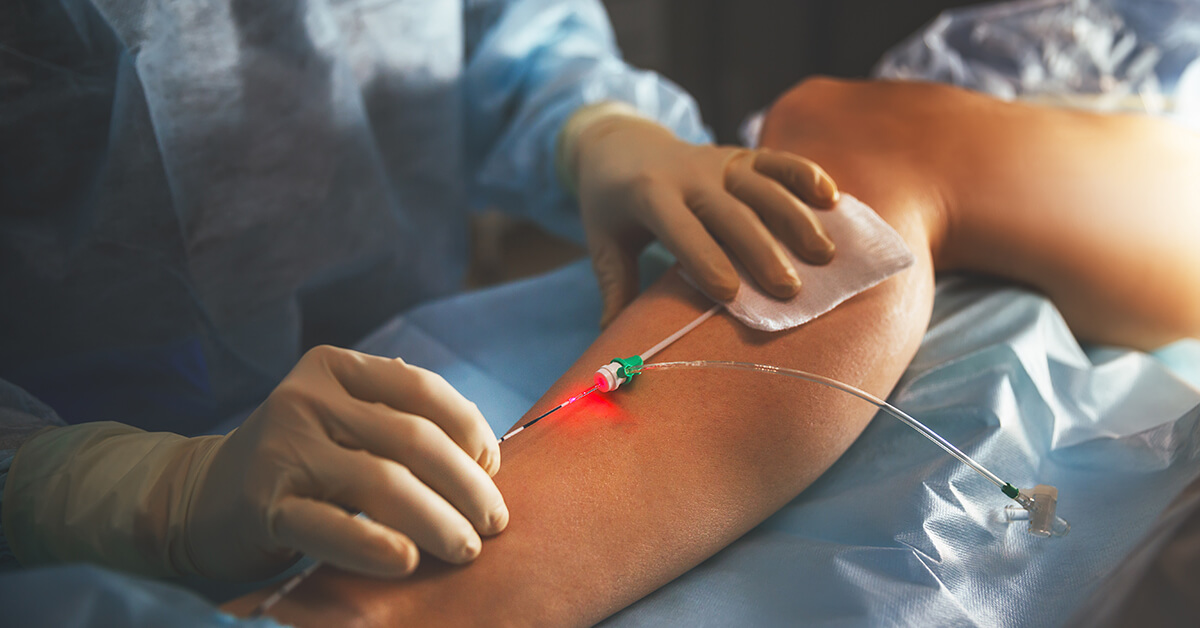Vascular Care: The Importance of Vascular Surgery
Vascular surgery is a critical branch of medicine focused on the diagnosis and treatment of diseases affecting the circulatory system. This includes arteries, veins, and lymphatic vessels. Vascular surgeons play a vital role in preventing, diagnosing, and treating a wide range of vascular conditions to improve patient outcomes.
Common Vascular Diseases
Several common vascular diseases require the expertise of vascular surgeons:
- Peripheral Arterial Disease (PAD) Narrowing of the arteries in the legs, arms, and other extremities, often caused by atherosclerosis.
- Carotid Artery Disease Narrowing of the arteries in the neck that supply blood to the brain.
- Aortic Aneurysm A bulge in the aorta, the main artery carrying blood from the heart.
- Deep Vein Thrombosis (DVT) Blood clots that form in the deep veins of the legs.
- Varicose Veins Swollen, twisted veins that often appear on the legs.
Diagnostic Procedures
Vascular surgeons employ various diagnostic tools to accurately assess vascular conditions:
- Physical Examination Checking for signs of vascular disease, such as swelling, pain, and decreased blood flow.
- Doppler Ultrasound Using sound waves to evaluate blood flow in arteries and veins.
- Angiography X-ray imaging of blood vessels using contrast dye.
- CT and MRI Scans Providing detailed images of blood vessels and surrounding tissues.
Vascular Surgical Procedures
Vascular surgeons offer a range of surgical and minimally invasive procedures:
- Open Surgical Repair Traditionally performed for complex vascular conditions, such as aortic aneurysms and peripheral artery disease.
- Endovascular Procedures Minimally invasive techniques using catheters and balloons to treat vascular diseases.
- Angioplasty and Stenting Opening blocked arteries with a balloon and inserting a stent to maintain blood flow.
- Bypass Surgery Creating new pathways for blood flow by using grafts or veins.
- Varicose Vein Treatment Procedures to remove or close varicose veins.
Prevention and Lifestyle Modifications
Lifestyle changes can help prevent and manage vascular diseases:
- Healthy Diet Consuming fruits, vegetables, whole grains, and lean protein.
- Regular Exercise Engaging in physical activity to improve circulation.
- Weight Management Maintaining a healthy weight to reduce the risk of vascular disease.
- Smoking Cessation Quitting smoking to protect blood vessels.
- Blood Pressure Control Managing high blood pressure to prevent damage to arteries.
By combining advanced surgical techniques with a focus on patient education and lifestyle modifications, vascular surgeons play a crucial role in improving the lives of individuals with vascular conditions.


